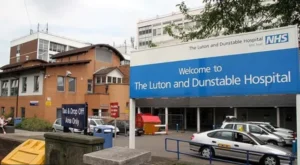Thousands to be re-tested in diabetes results error
An issue with a hospital blood testing machine has meant about 11,000 patients will need new checks.
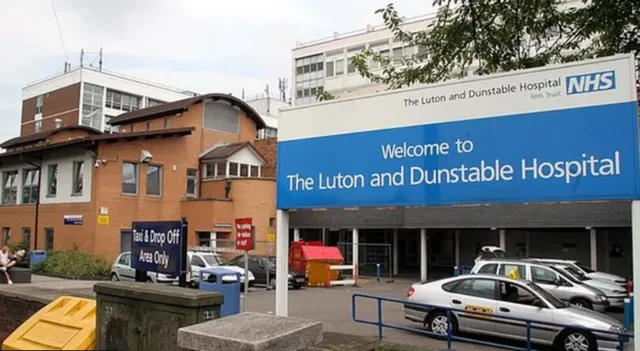
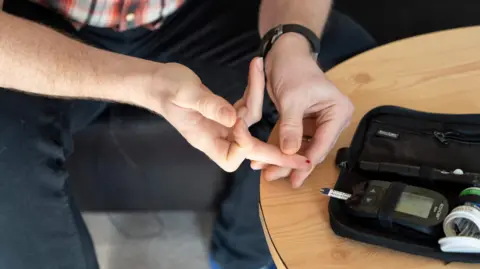 Getty Images
Getty ImagesAn NHS trust has revealed that about 11,000 people will have to be re-tested after a hospital machine issued incorrect diabetes results.
The Bedfordshire NHS Foundation Trust said some patients may have been wrongly given higher blood glucose readings from a laboratory at the Luton and Dunstable Hospital.
A message on the trust website suggested patients could have been misdiagnosed with the condition as a result.
The trust has apologised “for any emotional distress and inconvenience”.
The trust said there had been an “intermittent issue” with a machine that analyses blood, with tests taken on certain dates in April and July.
The problem related to some HbA1C tests analysed at the hospital’s laboratory, and patients from across Luton, south Bedfordshire and Hertfordshire would be contacted, it said.
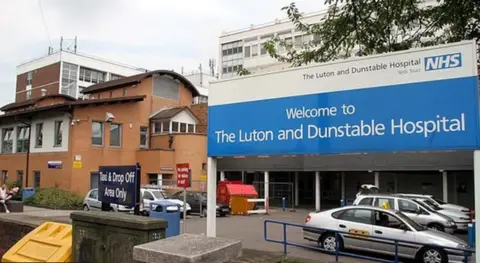 South Beds News Agency
South Beds News AgencyThe procedure is known as the hemoglobin A1C test (HbA1c) which measures average blood sugar levels.
Diabetes UK said it is used to diagnose and monitor the condition.
For people at risk of developing type 2 diabetes, their target HbA1c level should be below 42mmol/mol (6%), according to the charity.
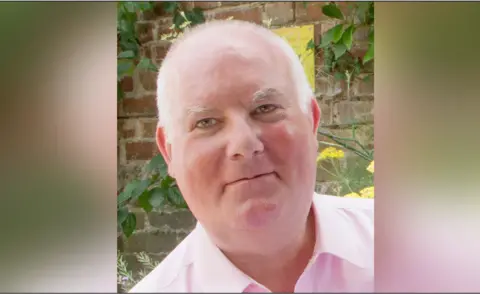 John Hagen
John HagenJohn Hagen, 70, a retired photographer from Kensworth in Bedfordshire, was one of the people who received a letter from the trust asking him to get re-tested.
Already a diabetes patient, Mr Hagen’s GP increased his medication after results came back which were “through the roof”.
“I then got a letter saying the results were a false positive,” he said.
“My GP will be re-running the test but we have agreed not to amend my medication downwards.
“I worry about things when there’s something to worry about. I acknowledge that mistakes happen and in a pressurised environment like the NHS it can sometimes take a while to realise something is wrong,” Mr Hagen added.
Cathy Jones, chief operating officer at Bedfordshire hospitals said: “If you have not heard from us then please do not contact the hospital or your GP to ask whether you need to be re-tested while we focus our efforts on arranging this with the patients who need them.
“I sincerely apologise for any emotional distress and inconvenience that has been caused by this issue.
“We will be undertaking a review to find out what went wrong and identify any learning.”
Ms Jones confirmed that no other blood tests were affected by the issue.
“As a precautionary measure we are no longer analysing HbA1c results at our Luton lab,” she said.
“Patients should continue to attend any blood test appointments as normal.”








